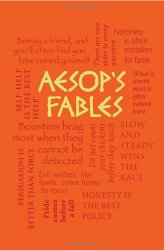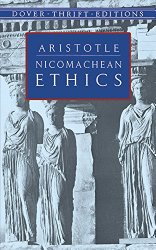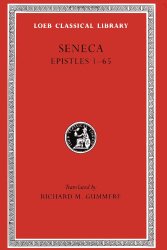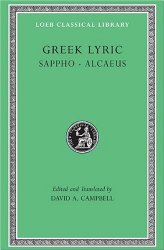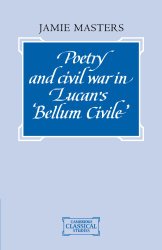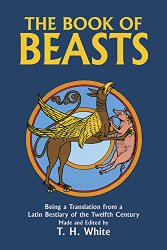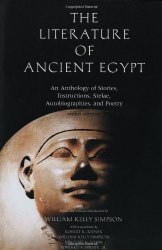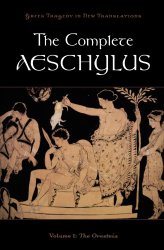Aesop was a slave and storyteller who lived in ancient Greece around 620-564 BC. No writings by him exist (if they ever existed at all), yet numerous stories and tales have been credited to him and have been shared through oral tradition throughout the world. Many of these use animals as the main characters to convey deeper meanings …
Ancient Literature
This enduringly profound treatise was first used by the students of Aristotle’s famous Athenian school, the Lyceum; since then it has exercised a lasting effect on Western philosophy and continues to resonate for modern readers. Aristotle identifies the goal of life as happiness and discusses its attainment through the contemplation of philosophic truth. Inexpensive edition of a literary …
Seneca, Volume IV, Epistles 1-65 (Loeb Classical Library No. 75)
Seneca, Lucius Annaeus, born at Corduba (Cordova) ca. 4 BCE, of a prominent and wealthy family, spent an ailing childhood and youth at Rome in an aunt’s care. He became famous in rhetoric, philosophy, money-making, and imperial service. After some disgrace during Claudius’ reign he became tutor and then, in 54 CE, advising minister to Nero, some …
Greek Lyric: Sappho and Alcaeus (Loeb Classical Library No. 142) (Volume I)
This volume contains the poetic fragments of the two illustrious singers of early sixth-century Lesbos: Sappho, the most famous woman poet of antiquity, whose main theme was love; and Alcaeus, poet of wine, war, and politics, and composer of short hymns to the gods. Also included are the principal testimonia, the ancients’ reports on the lives and …
Poetry and Civil War in Lucan’s Bellum Civile (Cambridge Classical Studies)
This book is a major literary reevaluation of Lucan’s epic poem, the Bellum Civile (“The Civil War”). Its main purpose is to bring out the implications of one basic premise: this poem is not only about civil war, but uses the metaphor of civil war (i.e. self-destruction and internal discord) as the basis for the way it tells …
The Book of Beasts : Being a Translation from a Latin Bestiary of the Twelfth Century
If a serpent swallows the spittle of a fasting man, it dies. Trees felled in the wrong season breed termites. If eels are drowned in wine, those who drink it get a loathing for liquor.These and similar flights of fancy were articles of faith in the twelfth century — the era of the fascinating Latin prose bestiary translated …
An anthology of Ancient Egyptian literature, revised to offer fresh translations of all the texts as well as some 25 new entries, including writings from the late literature of the Demotic period at the end of classical Egyptian history. It also includes an extensive …
The Complete Aeschylus: Volume I: The Oresteia (Greek Tragedy in New Translations)
Based on the conviction that only translators who write poetry themselves can properly re-create the celebrated and timeless tragedies of Aeschylus, Sophocles, and Euripides, the Greek Tragedy in New Translations series offers new translations that go beyond the literal meaning of the Greek in order to evoke the poetry of the originals.Aeschylus’ Oresteia, the only ancient tragic trilogy …
